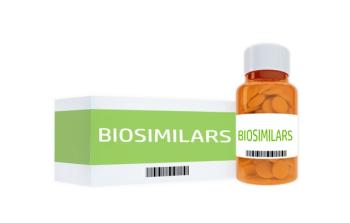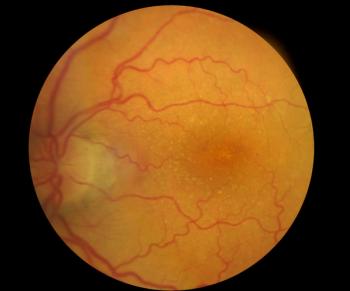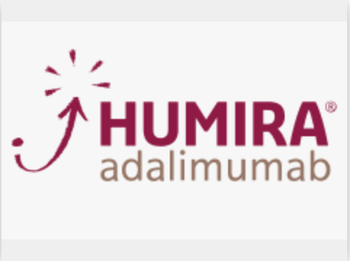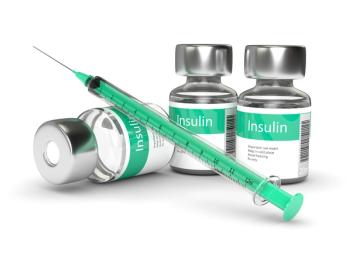
Price may also be persuasive. The price of the biosimilar is expected to be about 9% lower than its reference product, Lucentis.

The Inflation Reduction Act puts a $35 cap on monthly out-of-pocket expenses for insulin. The catch: It applies only to people covered by Medicare. Some states, including California, and Civica Rx, the generic drugmaker, are gearing up to make biosimilar versions of brand-name insulin products. The competition could drive down prices.

Price may also be persuasive. The price of the biosimilar is expected to be about 9% lower than its reference product, Lucentis.

If biosimilar acceptance is to grow, it’s going to take a great deal of work to improve the levels of trust between payers, patients, and oncologists.

The review, partly funded by Amgen, the maker of Riabni, makes the case for using the biosimilar to Rituxan for all indications of the originator.

The average sales price (ASP) for biosimilars of Neupogen has declined more than 50% since these lower cost agents began to be sold in 2015.

Pharmacy benefit managers can help health plans understand when to best leverage and align to biosimilars and other cost-effective treatments, argues Prime Therapeutics' Kelly McGrail-Pokuta.

Circle 2023 on your calendar. That's when as many as 11 biosimilars to Humira are headed for the U.S. market.

Efforts to improve education on biosimilars are a start, but payer policies must catch up to ensure real change.

Multiple patents on original biologics delay when biosimilars get on the market in the US. University of Denver Sturm College of Law legal experts argue in a preprint that changes in how the original patents are written could reduce the number of duplicative patents and legal gamesmanship.

A Cleveland Clinic researcher anticipates that the FDA’s definition of strength of formulation could impair acceptance of Boehringer Ingelheim’s biosimilar to Humira (adalimumab), even though the FDA has approved the biosimilar as “interchangeable” to Humira.

Although spending on prescription drugs marched higher in 2021, the spending might have been significantly higher were it not for the savings from biosimilars, which appear to be gaining traction, according to a new report.

Marcus Snow, MD, , chair of the American College of Rheumatology’s Committee on Rheumatologic Care, discusses how additional clinical data and interchangeability designations could help build momentum for use of Humira (adalimumab) biosimilars when they start to arrive in 2023.

In a pair of recent studies, investigators evaluated biosimilar forms of Humira (adalimumab) in prefilled syringes, prefilled pens, and autoinjector devices.

Using an aggressive utilization management approach, Providence St. Joseph Health directed physicians toward the use of biosimilars immediately after they came to market, saving nearly $27 million over two years in the process, according to Sophia Z. Humphreys, Pharm.D., M.H.A., the healthcare system’s director of system pharmacy clinical Services.

A large prospective study of the use of Rituxan (rituximab) and a biosimilar, Novex, has yielded safety data validating the use of this agent in pediatric patients with a wide range of diseases and conditions, ranging from oncologic and hematologic to neurologic.

Off-label Avastin, Eylea and Lucentis are the primary treatments for neovascular age-related macular degeneration (AMD), a leading cause of blindness. A recent review article looked at the impediments to the biosimilars for these drugs Ophthalmologists are wary about using biosimilars to Avastin (which was approved as a cancer drug) for AMD. Biosimilars to Eylea and Lucentis are not on the market yet. Manufacturers’ rebates and Medicare Part B “buy and bill” policies could make it difficult for them to compete against their brand-name “originator” products.

The company announced this week that it is selling its biologics unit to Biocon Biologics, but Viatris is also slated to have a stake in the biosimilars entity that will bring together Biocon Biologic’s biosimilar operations and those that Viatris is selling off.

Guidelines tell prescribers and patients to avoid switching among levothyroxine products from different manufacturers. But Mayo Clinc-led research finds little difference between switchers and nonswitchers.

New report includes research findings on insulin biosimilars use among retail pharmacists and physicians.

Humira may sink even further in the drug spend rankings next year when six biosimilars are expected to hit the market.

2021 was an outstanding year for biosimilar medications, as they increased market share and adoption by healthcare providers and the first biosimilar and interchangeable insulin was approved by the FDA. Take a look at Managed Healthcare Executive's top four biosimilar developments of 2021.

A temporary add-on payment in the Part B program should be considered as a way to increase biosimilar uptake, says Sandoz’s Afton Wagner.

Momentum is building for biosimialrs but robust coverage for lower-cost agents, including biosimilars, is needed.

By giving Semglee, the interchangeable biosimilar for Lantus, a preferred spot on its formulary, the Prime Therapeutics says it is setting the stage for other interchangeables coming down the pike, including the one for Humira.

Biosimilars can save states billions of dollars annually, according to a new report from a libertarian think tank in California.

Three pieces of legislation that would provide incentives to prescribers and put generics and biosimilars in favorable formulary tiers would speed further prescribing and use of biosimilars, Christine Simmon told Managed Healthcare Executive.®